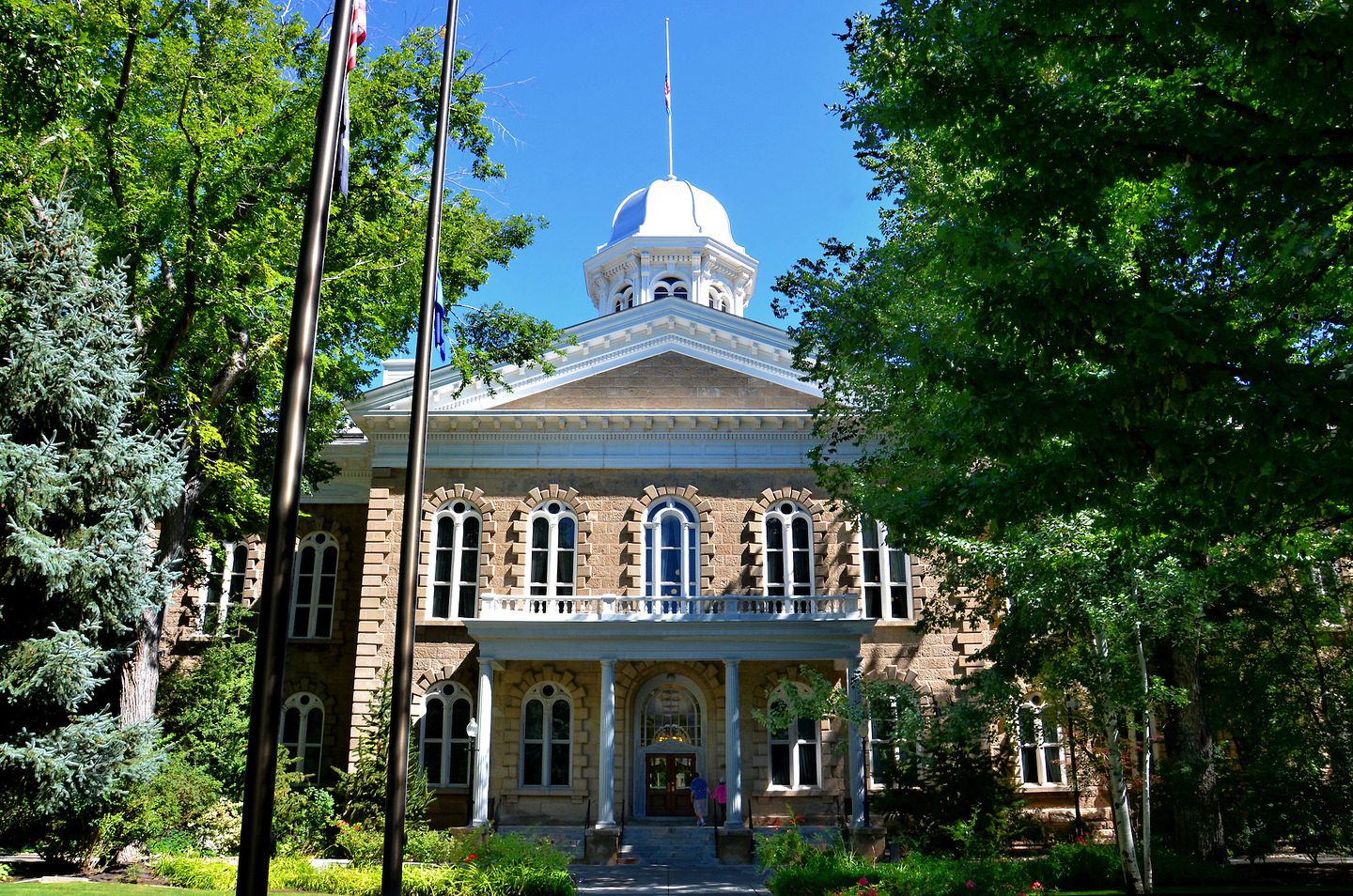
(Jon Styf) – Legislation filed over the weekend and reviewed for the first time in committee on Monday, highlighting the $380 million in public funding for construction of a new $1.5 billion baseball stadium and entertainment complex for the relocating Oakland Athletics.
The proposal includes a tax capture at the complex expected not only to pay off up to $175 million in bonds taken out on the project but also to fund future capital projects at the stadium, which will be required by a “first-class” clause in a 30-year lease the Athletics plan to sign.
Those clauses have been used across the country as leverage to get taxpayer subsidies for stadium renovations or new stadiums.
The tax capture will collect all sales, payroll, insurance, gross revenue, ticket and liquor taxes at the complex – planned to be built at the corner of Las Vegas Boulevard and Tropicana Avenue on the site of the current Tropicana Las Vegas Casino Resort – along with transportation taxes on trips to and from the complex.
The 30,000-seat stadium would open in 2028 on the nine-acre site.
While the Nevada Senate Finance and Assembly Ways and Means committees heard a presentation from advisor Jeremy Aguero on the benefits of the taxpayer subsidies for the project, economists have repeatedly and consistently shown that sports facilities and surrounding entertainment developments are not a public benefit but instead a loss for taxpayers.
“Giving credence to the idea that stadiums can jolt the economy is like treating the claim that vaccines cause autism as a serious argument,” economist J.C. Bradbury wrote. “It’s been studied to death, we *know* it doesn’t happen. It’s not reasonable to suggest otherwise.”
In a letter opposing the bill, the Nevada Policy Research Institute pointed out that just 2% of economists believe the benefit of publicly funding sports complexes is higher than the cost.
“The proposed funding mechanism, tax-increment financing, systematically diverts tax dollars away from essential public services such as schools and police departments into redevelopment agencies,” the group wrote. “This strategy is deeply flawed, attributing all property value increases to redevelopment efforts, while ignoring the impact of factors such as inflation or organic market investments.”
Neil deMause, who covers stadium proposals across the country on his “Field of Schemes” blog, pointed out that the legislation ultimately would provide more than $500 million in public funds for the project while providing a full property tax exemption for the stadium and land.
The Athletics would pay the first $100 million in construction costs while bonds would be taken out by the Las Vegas Stadium Authority, which would own the stadium.
Aguero’s presentation included estimated attendance, visitor and economic benefit numbers from a Las Vegas-based group called Applied Analysis, which it says were reviewed by groups such as Conventions, Sports and Leisure – owned by the New York Yankees and Dallas Cowboys – who provide numbers, often questioned by economists, to those looking for public funding for stadiums across the country.
The deal is also opposed by several Nevada education groups, including the Nevada State Education Association, who believe the public funds should instead be spent on public education in the state.
Two groups of the state’s electrical contractors support the project and would benefit from work at the site.
By


Facebook
Twitter
Pinterest
RSS